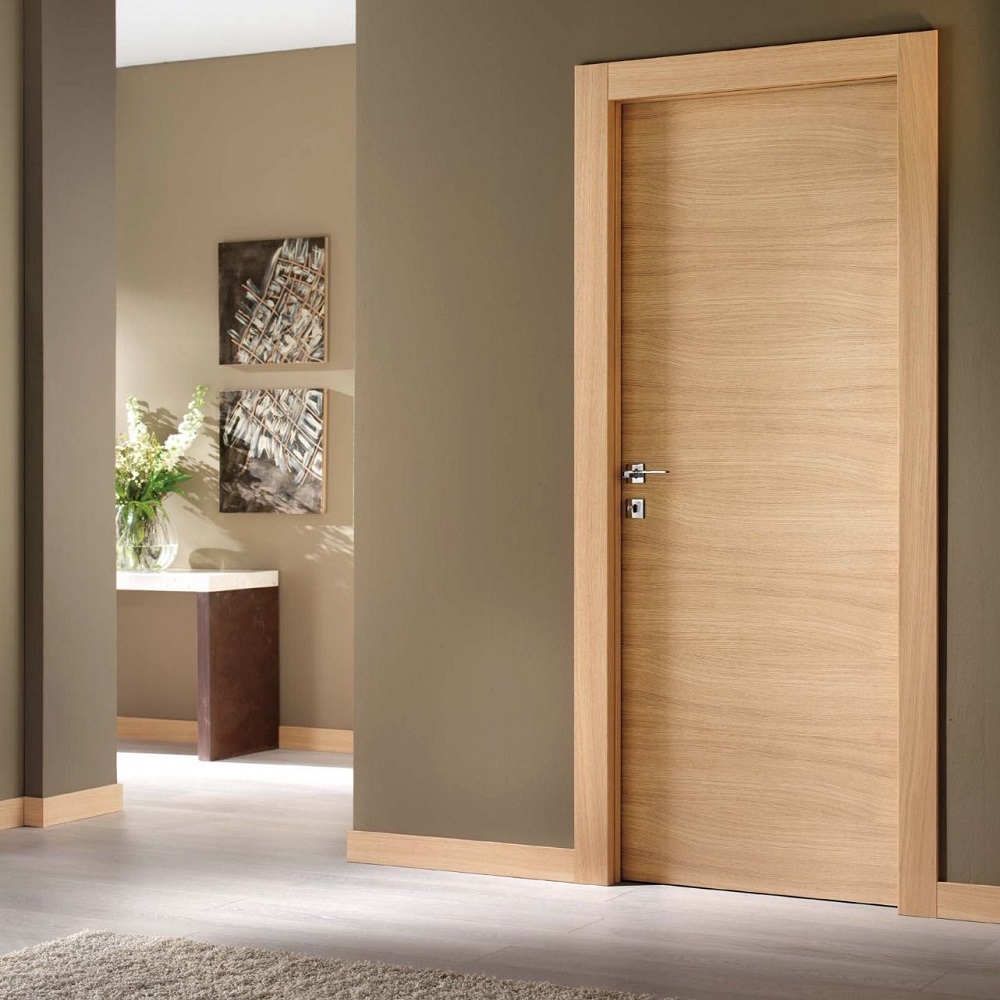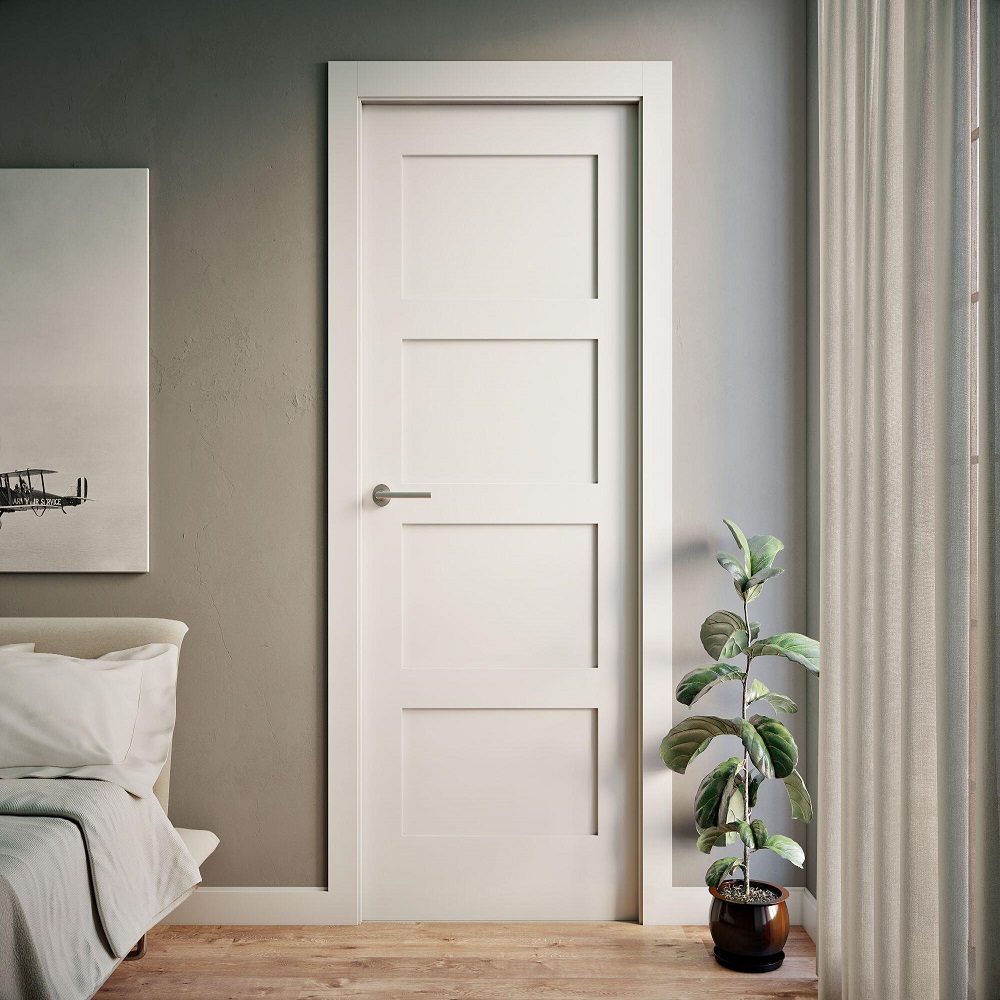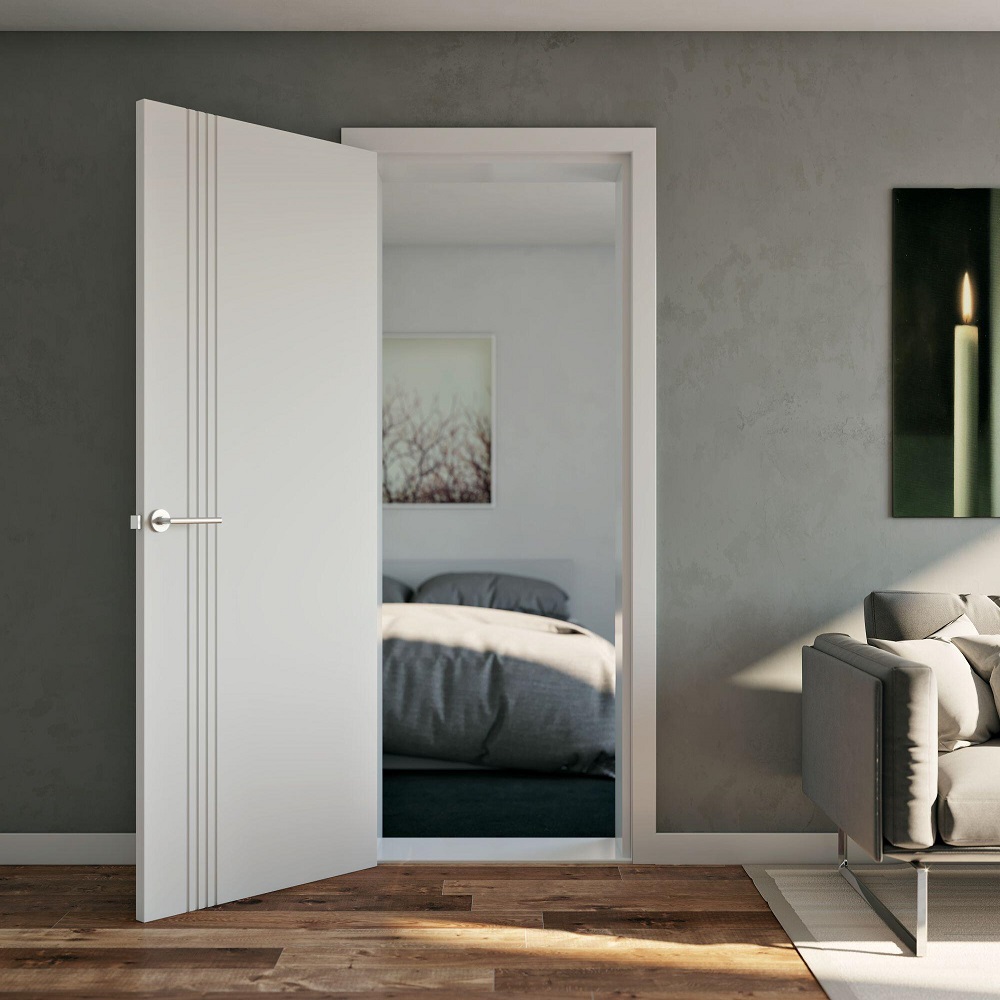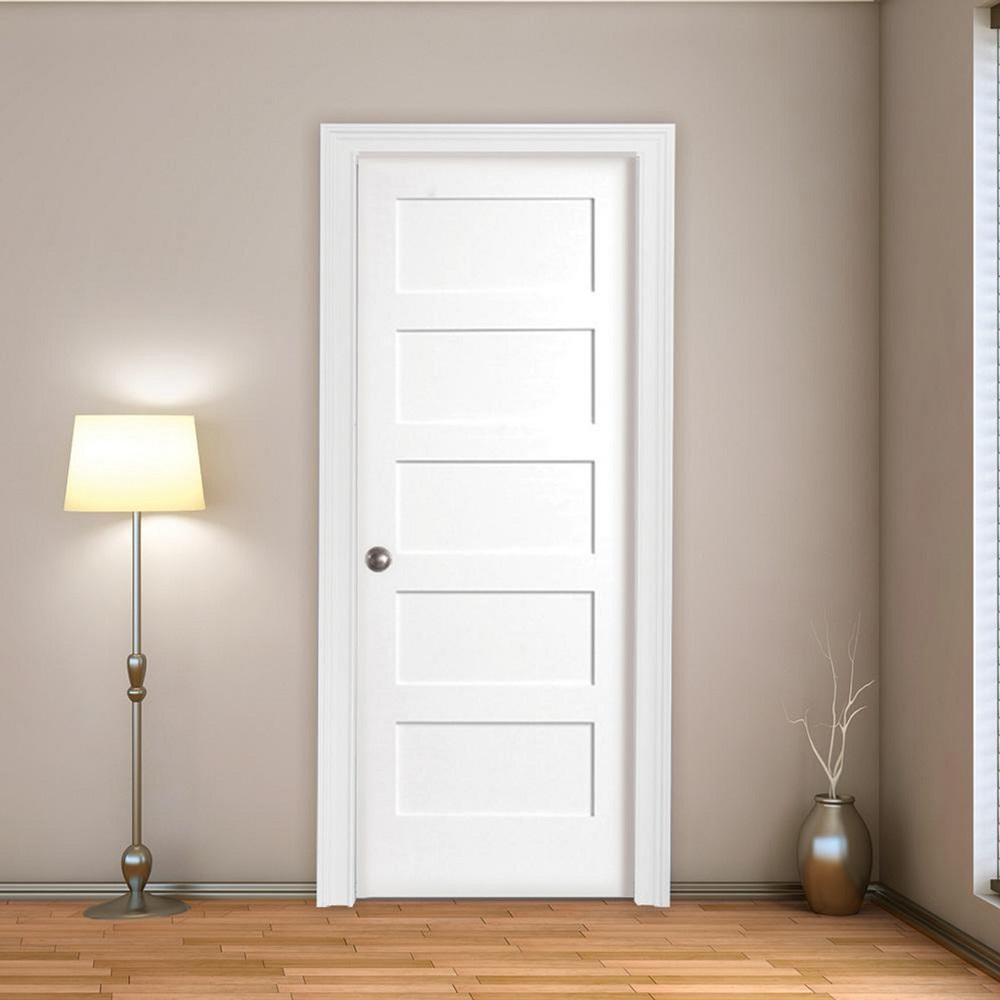When winter arrives, homeowners are often faced with the dilemma of whether to keep their bedroom doors open or closed. This seemingly simple choice can have far-reaching implications for energy efficiency, heating costs, and overall comfort in the home. This article will explore factors to consider when deciding on the optimal position for bedroom doors during the colder months, examining various advantages and disadvantages, as well as offering tips for saving energy and maintaining warmth.
Understanding Heat Distribution
The Principles of Heat Flow
To fully grasp the impact of leaving bedroom doors open or closed, it’s essential to understand the principles of heat flow in a home. Heat naturally flows from warmer areas to cooler ones, creating a dynamic where rooms that generate heat may support or hinder the overall balance of warmth throughout the home. Closed doors can help retain warmth in individual rooms but can also create pockets of cold air. Conversely, open doors can facilitate a more even flow of heat if there are sufficient heating sources throughout the home.
Dynamic of Individual Rooms
In many homes, bedrooms are often located on the upper floors and may be serviced by a central heating system that provides heat to the whole house. When bedroom doors are closed, they can trap heat inside and create a cozy environment, particularly during frigid nights. However, if the heating system struggles to maintain a consistent temperature, open doors might facilitate better heat distribution from the common areas to the bedrooms. It’s essential to consider the layout and heating source of your home before making a decision.

Energy Efficiency Considerations
Insulation and Drafts
Energy efficiency is a crucial aspect of home comfort and costs in winter. When evaluating whether to leave bedroom doors open or closed, factors such as insulation and drafts come into play. Poorly insulated rooms can lose heat quickly when doors are closed, while drafts can compromise comfort levels and increase heating costs. Sealing gaps and using energy-efficient windows and doors can mitigate these issues, thereby enhancing the overall efficiency of your home’s heating system.
Cost-Effective Solutions
Many homeowners seek ways to reduce their heating bills during winter. One approach involves employing programmable or smart thermostats that allow for room-specific heating. This ability to monitor and adjust the heating in real time makes it easier to determine whether doors should be kept open or closed based on occupancy and usage patterns. Some rooms might require more heat, while others might need less, creating an opportunity for potential savings by optimizing heating distribution.
Comfort and Personal Preference
Individual Temperature Comfort Levels
Family members often have varying preferences for indoor temperatures, which further complicates the decision regarding bedroom doors. Some people might prefer a cooler sleeping environment, while others may want a warmer atmosphere. Children and elderly individuals are typically more sensitive to temperature extremes, emphasizing the importance of considering comfort when determining whether to keep doors open or closed.
Bedroom Configuration
Additionally, the configuration of your bedroom can also impact comfort levels. A well-placed bed, the direction of windows, and even furniture arrangement all play roles in creating a cozy environment. For instance, a room with large windows that capture direct sunlight may stay warmer even with a closed door, whereas a shaded room might benefit from an open door to allow heat from another area. Ultimately, the decision should take personal comfort and room dynamics into account.
Health and Air Quality
Indoor Air Quality Considerations
Air quality is an often-overlooked factor in the open versus closed door debate. Open doors can facilitate better air circulation, helping to reduce the buildup of indoor pollutants and allergens. Conversely, closed doors may restrict airflow, leading to stagnant air in the bedroom, which can harbor dust, mold, and other irritants that can trigger allergies or respiratory issues.
Ventilation for Seasonal Health
Ventilation is essential for maintaining healthy indoor air quality, especially during the winter months when windows are less likely to be opened. If you decide to keep bedroom doors closed, consider implementing an air filtration system or utilizing exhaust fans and dehumidifiers to improve circulation and promote fresh air. This ensures that everyone in the household is breathing clean, healthy air, while still providing comfort and warmth.

The Impact of Humidity
Managing Indoor Humidity Levels
Humidity also plays a critical role in how we experience indoor temperatures. In winter, the dry air can lead to uncomfortable living conditions and negatively affect our skin and respiratory systems. The decision to leave doors open or closed can impact humidity levels across different rooms. Closed doors will keep the moisture contained to certain areas, which can help maintain a comfortable humidity level, especially in bathrooms or kitchens where moisture is more prevalent.
Use of Humidifiers
If you opt for closed doors in bedrooms, utilizing a humidifier can help maintain healthy humidity levels within the space. This not only improves comfort but also supports the overall health of family members, especially those who suffer from respiratory conditions. Balancing temperature and humidity levels can lead to an optimal living environment that promotes well-being—all factors to weigh in the decision about door positioning during the winter months.
The Role of House Size and Layout
Home Size Considerations
The size and layout of your home greatly influence the effectiveness of leaving doors open or closed. For larger homes, closing off bedroom doors can help contain heat in specific areas, making it easier to manage with a central heating system. In contrast, in smaller homes, a more open concept might benefit from leaving doors open, as the contained areas can quickly become stuffy or too warm if not properly balanced with good airflow.
Multiple Stories and Layout Types
In multi-story homes, the strategy could be different. Heat rises, making upper bedrooms naturally warmer if doors are left open. However, in homes where temperatures cannot be commonly moderated, closing the door can restrict heat loss and help make a bedroom cozy while retaining warmth. Homeowners with two separate heating systems (for example, forced air downstairs and radiant heating upstairs) should also consider this when determining door usage.

Practical Tips for Savings
Insulation Investments
Investing in high-quality insulation can significantly impact winter heating bills, allowing for retained heat whether doors are open or closed. By examining and upgrading insulation in the home, you can create a more energy-efficient environment. Evaluate all rooms, paying special attention to attic spaces and basements where temperature fluctuations can be most pronounced.
Smart Heating Solutions
In addition to investing in insulation, consider implementing smart heating solutions like zoned heating, where different areas of the home maintain different temperatures. This allows for flexibility with door management, enabling you to leave bedroom doors open in rooms that do not require much heat while keeping others closed to maintain warmth. An investment in smart technology could lead to significant savings on heating costs over time.
Conclusion: Finding the Best Approach
Balancing Comfort and Energy Savings
Ultimately, the question of whether to keep bedroom doors open or closed in winter hinges on several factors that vary from household to household—all requiring careful consideration. Balancing individual comfort preferences, energy efficiency, air quality, and heating needs is paramount. There isn’t a one-size-fits-all approach; rather, it’s imperative to assess the unique dynamics of your home.
Sustainable Practices for Winter
Additionally, sustainable practices such as maintaining heating systems, using energy-efficient appliances, and seeking out energy audits will help to make a comprehensive plan for comfort and savings in wintertime. By taking a multifaceted approach to the seemingly small choice of open or closed bedroom doors during winter, homeowners can create a welcoming and energy-efficient living environment throughout the colder months.
